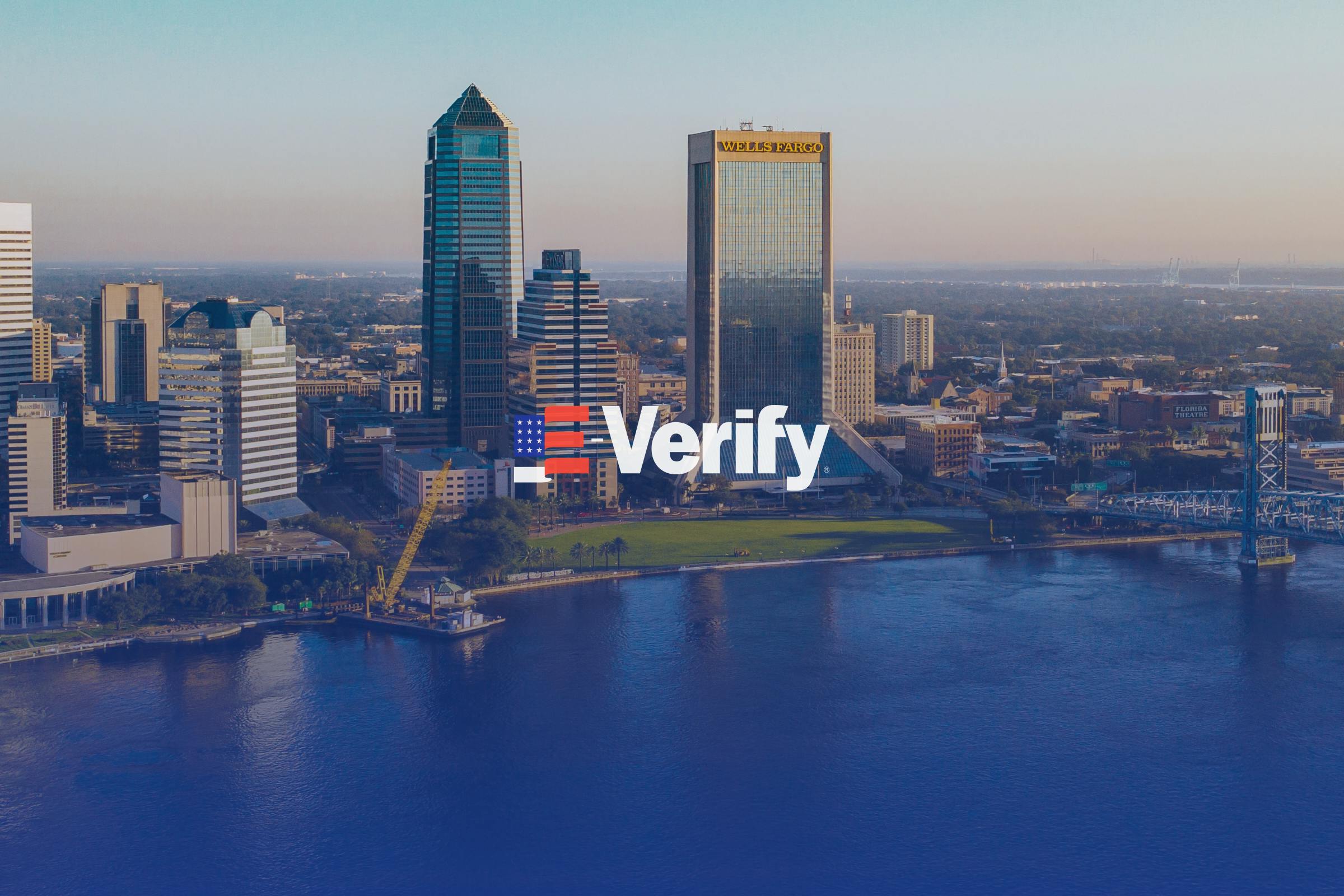While approximately 40 percent of the United States has been vaccinated against Covid-19 and infection rates have been dropping rapidly in most of the country, the situation is not the same in other developing parts of the world. In Colombia, for example, citizens who are in their mid 50s have not even received their first dose of Covid vaccine as of the end of May.
The stress of the virus and vaccine supply shortage outside of the U.S. is still very real. And as such, the security problematic has created a situation where some visa holders in the United States are effectively stuck in the U.S., unsure of what to do with near to expire visas. As a general U.S. immigration rule, many categories of non-immigrants (such as H-1B holders) need to travel back to their home country and visit a U.S. embassy or consulate in order to renew their visas and then return to the U.S. on their renewed visa. However, if non-citizens in the U.S. are unable to travel internationally at this time, it creates some difficult questions to answer.
This blog will be entitled to addressing some of these difficult questions.
Check with the DHS Regarding TPS Status
The Department of Homeland Security has designated several countries under the “temporary protected status” category. Basically, TPS is granted for citizens from countries who are unable to return home safely due to conditions or circumstances preventing their country from adequately handling the return.
The Secretary of Homeland Security can thus at any time designate a country for TPS status based on the following:
- Ongoing armed conflict (such as civil war),
- An environmental disaster (such as earthquake or hurricane), or an epidemic
- Other extraordinary and temporary conditions
Right now, the following countries have been granted TPS status. Non-citizens already residing within the U.S. can apply for TPS if they are from the following countries:
Venezuela, El Salvador, Honduras, Haiti, Nepal, Syria, Nicaragua, Yemen, Sudan, Somalia, South Sudan, Myanmar.
Benefits of Eligibility
Although being granted TPS does not confer that one is now an LPR-legal permanent resident, it does provide a temporary fix and quell anxieties for non-citizens with a lack of options. For example, you can legally remain in the U.S. while your TPS application is pending, and you won’t be removed or penalized for overstaying your visa if you are eligible and decide to apply. In addition, any TPS grantee can continue working legally in the U.S. via a work permit. Therefore, it is not a bad option for some.
Other Options
If you are not from a designated TPS nation, you need to exhaust other options for remaining in the United States, either through being smart about finding a consulate that will set you up with a visa appointment, or through an EOS—Extension of Stay application.
If you are seeking to return to your country amid the Covid-19 pandemic, you should first determine the amount of days you will be out the country. You can do this by relocating to the Visa Appointment Wait Times page on the State Department website: https://travel.state.gov/content/travel/en/us-visas/visa-information-resources/wait-times.html
This is a great resource for some non-immigrants who are looking for an efficient means of renewing their visas. For example, many countries have more than one U.S. Consulate. If it is all possible try searching different consulates that would be feasible to make an appointment out of to consider shaving weeks or even months off of your renewal time.
If the issue is not necessarily travelling internationally, or you are unable to do so, you’ll need to apply for an Extension of Stay. However, keep in mind that only certain visa category applicants will be able to file an I-539 Extension of Stay. In general, the EOS applies to the following groups of people:
- A-Visa Holder-Ambassador, Diplomatic Official and Immediate Family
- B-1, B-2 Visitors
- F-1 or J-1 Student Visa Holders
- L-2 Intracompany Transferee
- Religious Workers
- TN Visa for NAFTA Professionals
In addition, you cannot file for an EOS if you are a fiancé visa holder or the dependent of a fiancé visa holder present in the U.S. (K-1 or K-2).
Extensions of Stay
In general, the USCIS recommends that you file for an Extension of Stay at least 45 days before your I-94 expires, or as soon as you determine your need to change or extend status.
Note: There has been some confusion for visa holders on the difference between their visa status in the U.S. and their I-94 Entry/Exit Record. To clarify on this matter, the I-94 expiration date is not the same as your visa expiration date. Your I-94 that was issued at a border crossing (either digitally or manually) is the official record of the length of stay your allowed in the U.S. This means that you might have a multiple re-entry visa valid for 5 years, but the current period has a certain expiration point. In such a case, you should either depart the U.S. or apply for an EOS-Extension of Stay.














